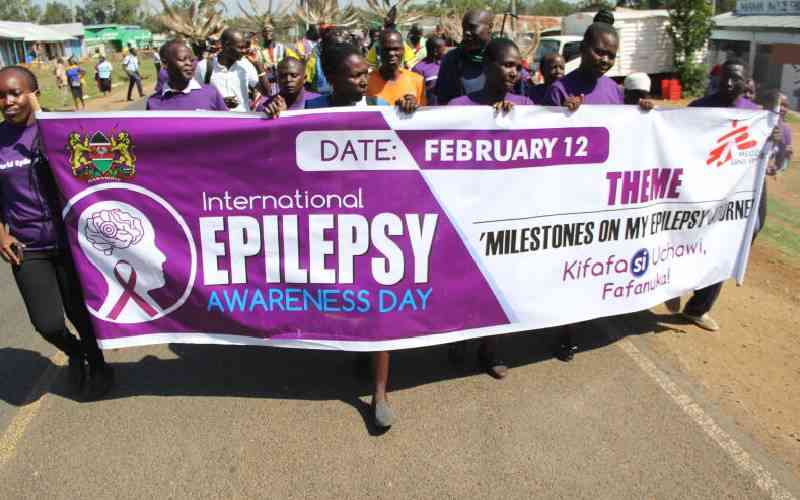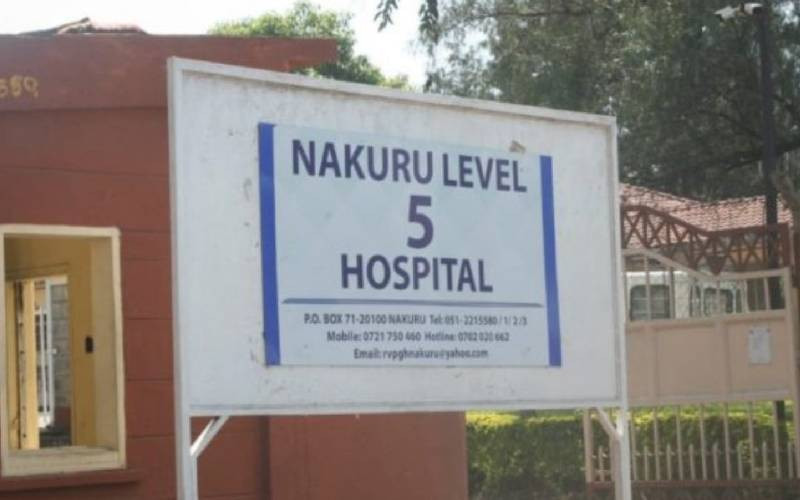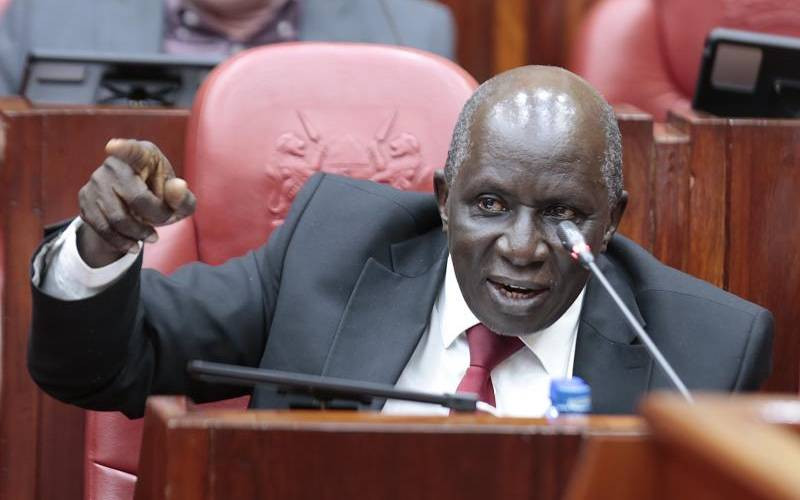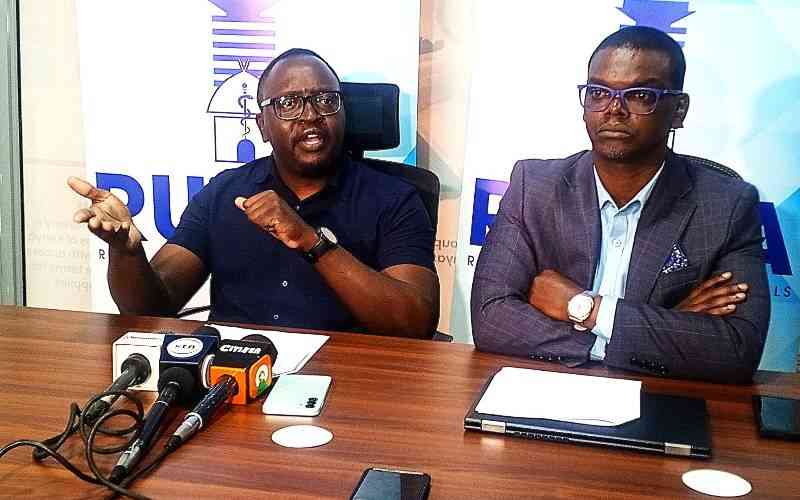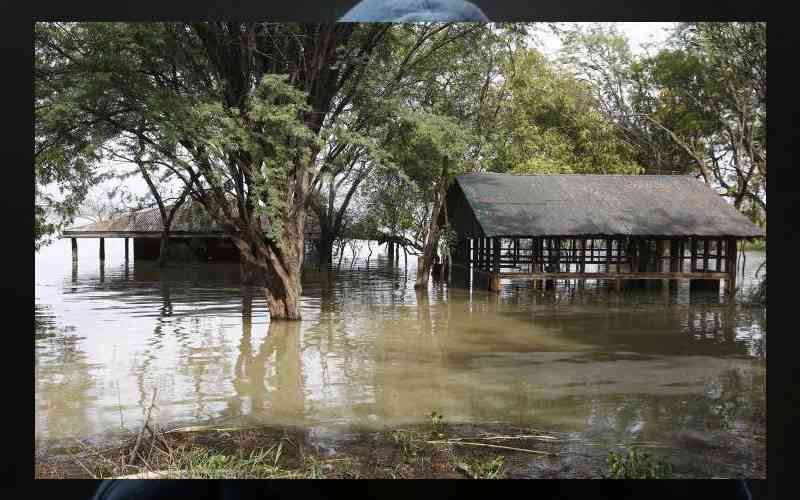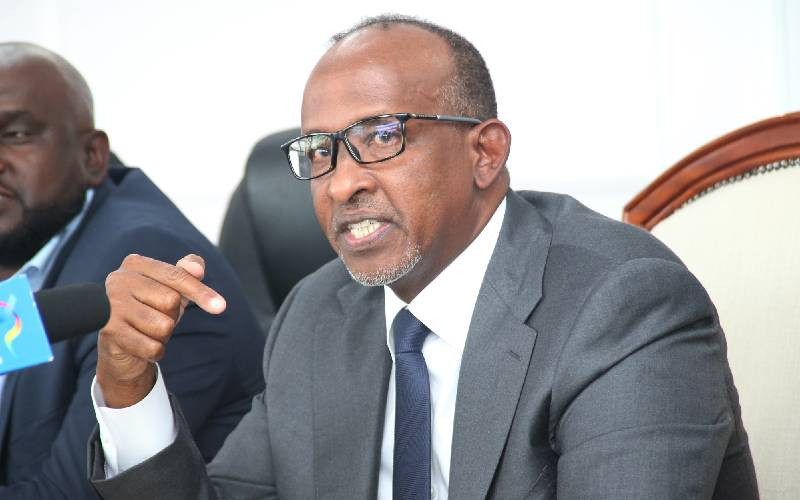
Caregiver Lucy Muchina, Cancer Warrior & Patient Advocate Lilian Obetto, Aga Khan University Hospital Clinical Psychologist Zahra Haji and Founding Director AKU Cancer Centre Prof. Mansoor Saleh. May 11, 2025. [Benard Orwongo, Standard]
For years, women battling breast cancer in Kenya have relied on their families, close friends, church groups, and informal gatherings for emotional and mental support. Others have found comfort through personal WhatsApp groups or by joining NGOs that work with survivors.
However, while helpful, many of these options have lacked structure, continuity, and professional guidance.
The journey has not been easy. Women have often suffered in silence, facing stigma and isolation.
Talking about breast cancer, especially body changes, hair loss, or the impact on sex and marriage, has remained taboo in many communities.
“It’s hard to speak openly because people get uncomfortable,” said Karen D’Dimpsaar, a caregiver. “Sometimes, patients just need someone to vent to or cry with. But many end up hiding their struggles because they feel alone.”
Now, a new kind of support is emerging from within healthcare institutions themselves. Aga Khan University Hospital (AKUH) is setting the pace by launching its own breast cancer support group, the first institutional one of its kind in the country.
The group, which was launched last week brought together patients, survivors, caregivers and health professionals and aims to offer structured support through peer connection, open discussions, coping strategies and workshops.
- How I overcame fear and stigma to win battle against breast cancer
- Stubborn high blood pressure: When treatment just won't work
- Stage 4 cancer but still standing strong: Eunice Mwende's life after terminal diagnosis
Keep Reading
More importantly, it will focus on the whole person, not just their illness, by addressing emotional, spiritual, social, and financial struggles.
Prof Mansoor Saleh, Founding Director of the Aga Khan University Cancer Centre, said the hospital is stepping in to fill a gap long ignored.
“We doctors focus on treatment: chemotherapy, surgery, radiation. But what about fear? What about the thoughts patients have at night, like ‘what if the cancer comes back?’ or ‘who will raise my children?’ This support group is here to help with those worries,” he said.
“We will be combating the big C (Cancer) with 3 Cs: Care, Compassion, Community, and strive to instill hope in women who suffer from breast cancer. The lessons and successes we observe in this breast cancer support group will inform the establishment of other cancer-specific support groups in the future”, noted Prof Saleh.
Survivors like *Brendah* know the hidden pain too well. “After a mastectomy, your body changes. The prosthesis can feel off balance, and your self-esteem drops,” she shared. “When your hair falls off, you avoid wigs because of hot flashes. You’re tired. Then there’s work, family, marriage, everything weighs on you.”
Zahra Haji, the clinical psychologist who leads the psycho-oncology program at AKUH, incorporating the support group into the cancer care will ensure that beyond addressing the physical challenges the hospital is also taking care of the emotional, spiritual, mental, financial and social aspects of one’s cancer journey.
“This ensures a true holistic approach to care, and is designed to be sustainable and responsive, continually evolving to meet the changing needs of our patients,” Haji said.
Rashid Khalani, the AKUH’s Chief Executive Officer, emphasised the urgency of tackling the rising burden of cancer in Kenya.
Non -communicable diseases, especially cancer, have become very common among our populations. Today, four out of ten deaths in Kenya are due to NCDs, something we must urgently work to address.
This reality underscores the urgent need for collaboration and investment in advanced treatment technologies, research, and training experts who can offer specialized care. Support groups like this one are a critical part of that ecosystem,” said Khalani.
AKUH’s new support group will meet monthly to provide comprehensive, patient-centred cancer care seeking to create a safe, caring space where women and caregivers can talk freely and find comfort.
It is a small but powerful step toward changing how breast cancer is managed in Kenya, not just through medicine, but through community and care.
 The Standard Group Plc is a multi-media organization with investments in media
platforms spanning newspaper print
operations, television, radio broadcasting, digital and online services. The
Standard Group is recognized as a
leading multi-media house in Kenya with a key influence in matters of national
and international interest.
The Standard Group Plc is a multi-media organization with investments in media
platforms spanning newspaper print
operations, television, radio broadcasting, digital and online services. The
Standard Group is recognized as a
leading multi-media house in Kenya with a key influence in matters of national
and international interest.


